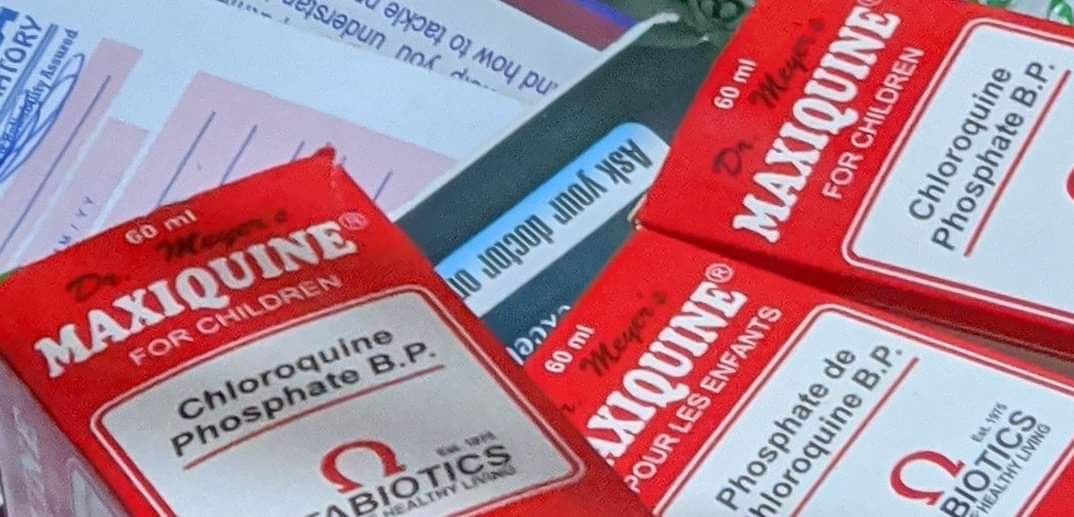
The authors of published studies on use of the anti-malaria drug hydroxychloroquine to treat COVID-19 have retracted their findings.
This was announced Thursday by the Lancet and New England Journal of Medicine.
The retractions come after reports questioned the validity of data used in the studies.
Researchers and third-party reviewers could not verify data supplied to them for the study.
Published May 1, the New England study found COVID-19 patients with cardiovascular disease were at greater risk of death if treated with the drug.
On May 22, the Lancet study found the drug offered no clinical benefit in treating patients infected with the new coronavirus, SARS-CoV-2, and may also cause significant heart-related side effects.
“We always aspire to perform our research in accordance with the highest ethical and professional guidelines,” three of the co-authors — Drs. Mandeep R. Mehra, Frank Ruschitzka and Amit N. Patel — said in a statement issued by the Lancet on the retraction.
“We can no longer vouch for the veracity of the primary data sources,” they said.
Based partially on the results of those studies, the World Health Organization in late May discontinued research on the use of hydroxychloroquine in patients with COVID-19 because of safety concerns.
The agency announced Wednesday that trials of the drug would resume.
On Tuesday, the New England journal published an “expression of concern” about its study and requested the authors provide evidence that the data they used were reliable.
The Lancet announced plans to audit the findings on Wednesday after The Guardian reported that Surgisphere — an analytics company that provided patient information from more than 1,000 hospitals worldwide for the research — had failed to adequately explain its data or methodology after errors were discovered.
Surgisphere chief executive Dr. Sapan Desai was listed as a co-author on both published studies.
A week after The Lancet publication, more than 120 researchers published an open letter calling its findings into question.
In their retraction statement, the study authors said they had launched an “independent, third-party review” of the data in response to the concerns raised.
However, the third-party reviewer withdrew from the process after Surgisphere refused to transfer the full dataset for analysis as doing so “would violate client agreements and confidentiality requirements,” the authors said.
“We all entered this collaboration to contribute in good faith and at a time of great need during the COVID-19 pandemic,” they said.
“We deeply apologize to you, the editors and the journal readership for any embarrassment or inconvenience that this may have caused.”
Hydroxychloroquine is an antiviral and has been shown to inhibit the new coronavirus in lab experiments but has not been proven effective in humans.
The drug has also been linked by other studies with serious heart-related side effects in people with severe COVID-19.
The drug has been touted by President Donald Trump and others, including billionaire Elon Musk, as a potential treatment for COVID-19, despite a lack of scientific evidence.
Trump told reporters last month that he had started to take hydroxychloroquine, apparently going against advice from health officials at the U.S. Centres for Disease Control and Prevention and the U.S. Food and Drug Administration.
In Nigeria, some of the COVID-19 patients, who were cured said they were treated with the drug.
And notably Nigeria’s NAFDAC at the time WHO flagged the drug, continued the clinical trials.













